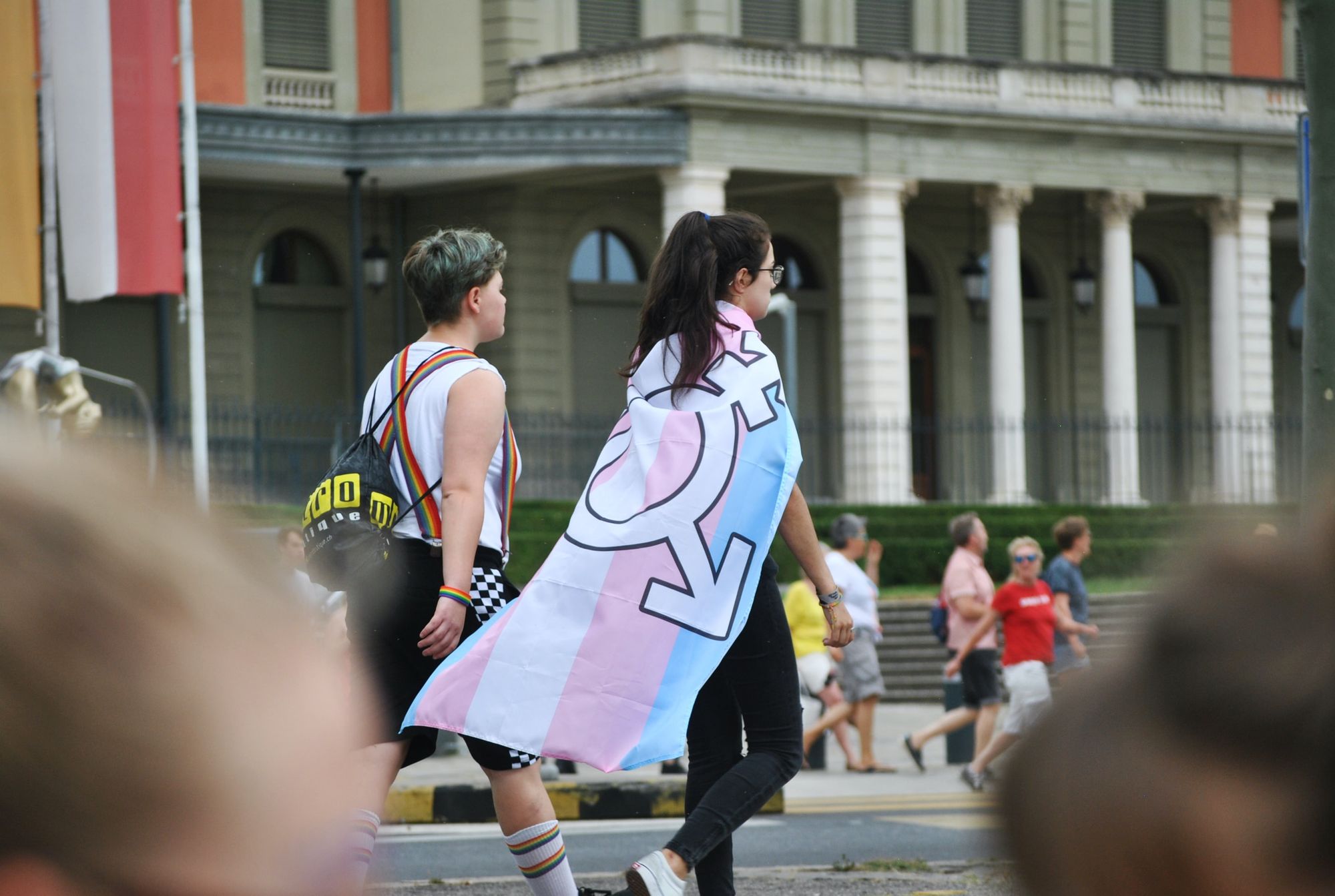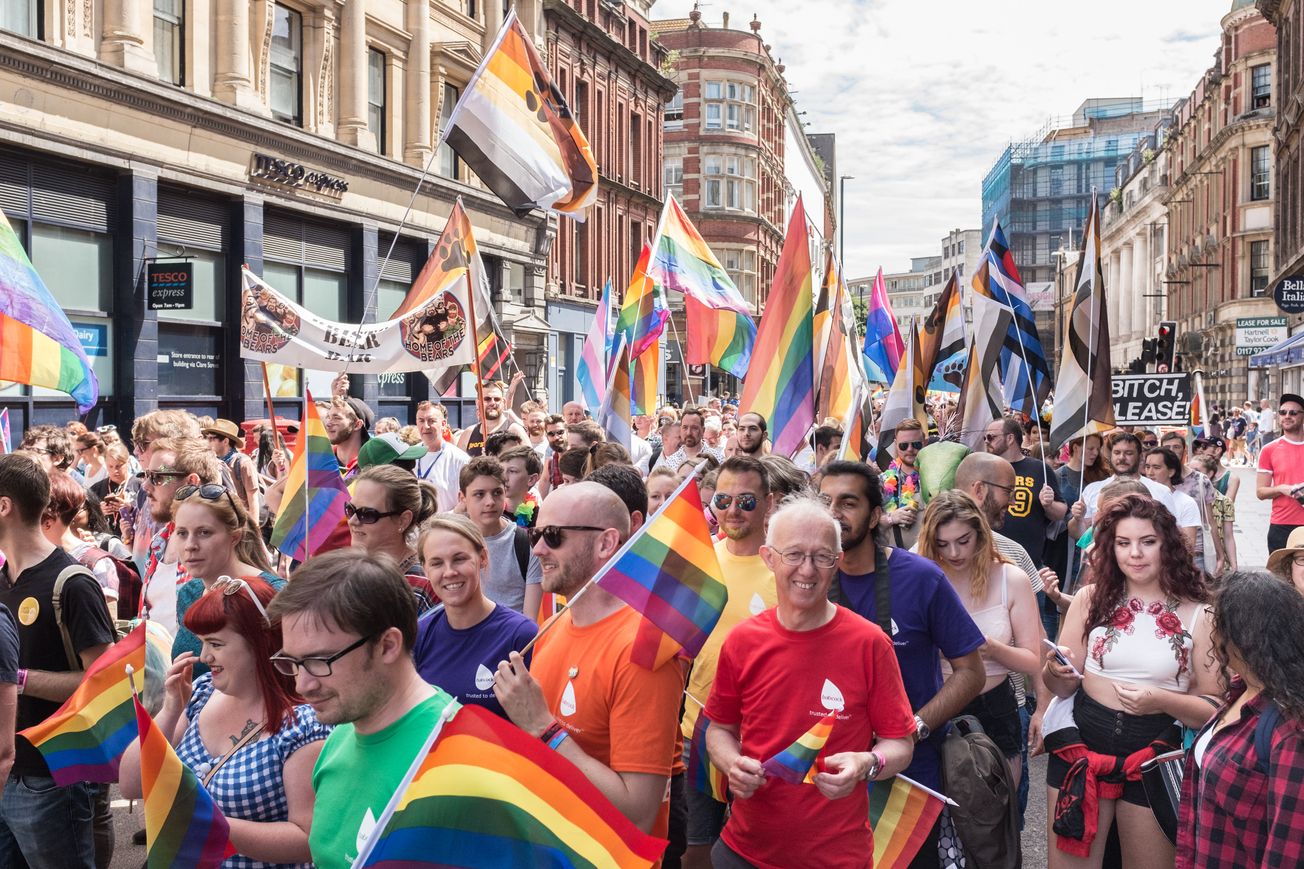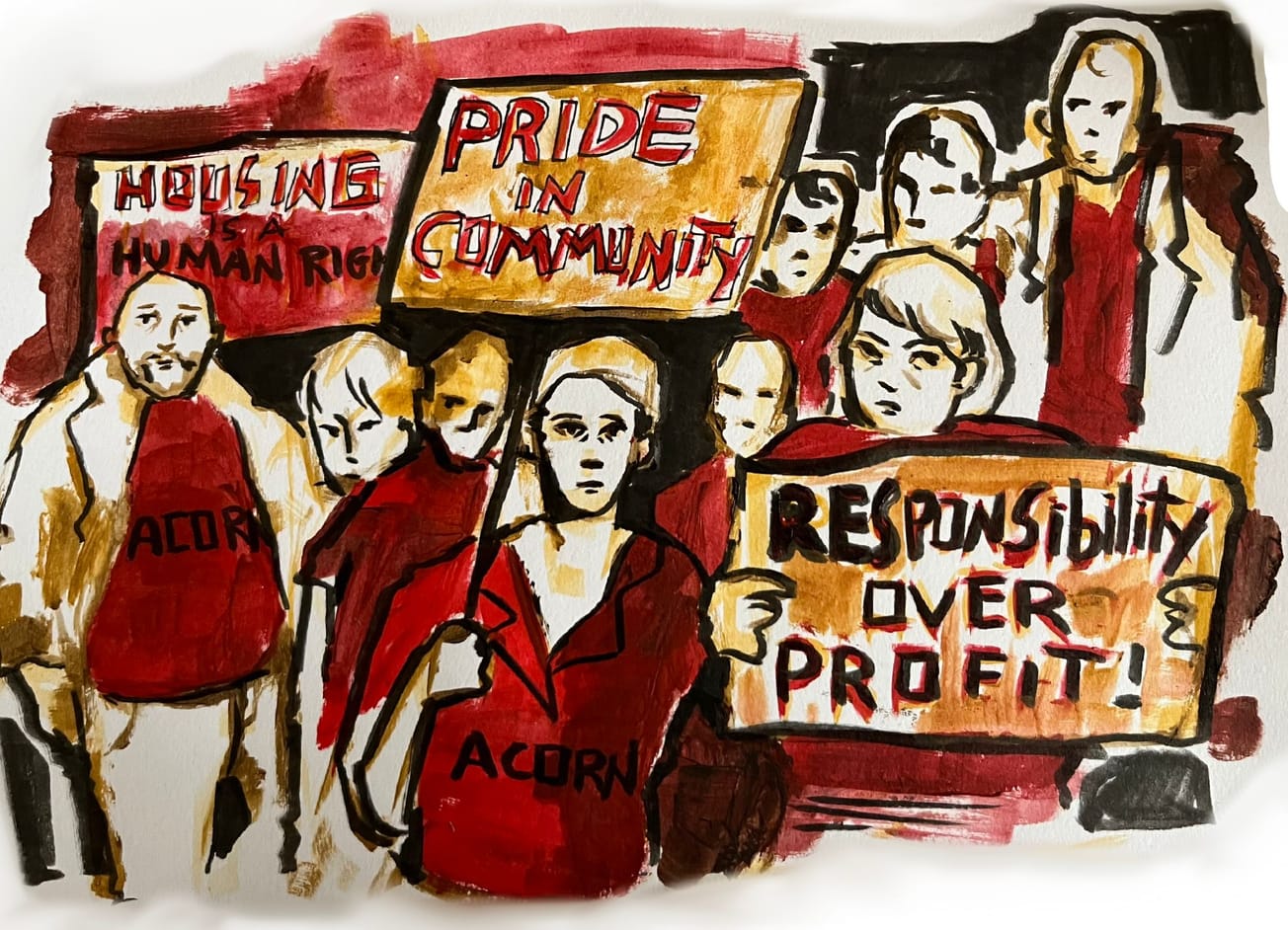By Milan Perera, Arts Critic Columnist
The University of Bristol has launched the trans and non-binary mentoring scheme this academic year in order to create an inclusive community and help trans, intersex, gender diverse and non-binary students to reach their full potential. The scheme has been in the pipeline for a while and is the result of sustained campaigning.
During Trans Awareness Week (13th November - 19th November), which culminates in Trans Remembrance Day, the trans community and its allies celebrate the heroic activism which has led to a better understanding of the difficulties faced by trans and non-binary individuals, including gaslighting in the media, marginalisation in the workplace and classroom, and concerted violence.
The University of Bristol's LGBTQ+ Society is staging its own Trans Remembrance Vigil on Monday 21st November at Royal Fort Gardens, to commemorate trans people around the world who have given their lives in the fight for greater equality and visibility.
Although significant progress has been made in addressing the issues faced by trans and non-binary people in the UK, a report from Galop published as recently as 2020 indicated that seven in ten respondents had experienced mental health issues as a result of prevailing transphobia.
Students at universities do not function in a vacuum, and prevailing cultural perceptions inevitably seep through to the student community. The 2021 annual Student Wellbeing Survey highlighted that LGBTQ+ students were still showing considerably higher levels of depression and anxiety in comparison to students who identified as heterosexual and cis-gendered. The report found that 58 per cent of LGBTQ+ students reported ‘moderate’ to ‘severe’ symptoms of depression. It further found that an alarmingly high 76 per cent of trans and non-binary students suffer from anxiety and depression.
In light of these findings, Epigram interviewed Bristol SU’s then Student Living Officer, Ruth Day, last November. They were of the opinion that, ‘Your time at the University should be an enriching experience and should not be spent in fear of being harassed or marginalised’. Speaking specifically on the representation of trans and non-binary students, they spoke of the newly appointed trans officers for the Student Wellbeing Service.
'There is still, of course, a long way to go until we reach full inclusivity and liberation for trans students'
Until the end of last year, the ‘fit-all’ model of counselling and mentoring services provided by the Student Wellbeing Service had not addressed the specific issues faced by trans and non-binary students. Hence the imperative to offer effective mentoring by those who are equipped with a specific set of skills to make the services more accessible for trans and non-binary students.
A year on, the trans and non-binary mentoring scheme was introduced in September 2022 by the Student Wellbeing Service. At this point one may raise the question of the necessity for such services. The answer lies in the fact that trans and non-binary members of the student community oftentimes experience the added burden of social exclusion, and hence may be reluctant to seek the assistance that other students take for granted.
The most notable feature of this mentoring scheme is the provision of mentors with lived experience of trans and non-binary discrimination, unlike previous wellbeing models. The mentors are trained to listen to the concerns and goals of the mentee students, providing specific one-to-one guidance and mentoring as required.
Epigram had the pleasure of speaking to Meghan, a mentor with the Trans Mentoring Scheme. She spoke of how her lived experience as a trans person enormously helps her to listen to individual mentees with an open mind: ‘As this is a scheme aimed at trans and non-binary students, being a trans student myself, I think this makes me well aware of what it’s like coming to university being trans.
‘I am also quite involved with the queer community at the University and as such would be able to provide advice on how to get involved with other queer and trans/non-binary students, so they feel less isolated. Being at the University, talking to other students and accessing some of the University’s wellbeing services myself, I feel like I would also be able to signpost students to appropriate support’.
'[T]here is the constant fear of being misgendered, be it by other students, academics or simply members of the public'
When Epigram asked Meghan about the specific issues faced by trans and non-binary students, she explained that ‘Trans and non-binary students face many issues common among other students, but on top of this they encounter issues specific among the trans and non-binary community. This could be, for example, issues stemming from gender dysphoria such as anxiety and low self-esteem, due to their body not aligning with their gender identity, and the general inability of the UK’s public health system to deal with it in a timely manner.

‘Then there is the constant fear of being misgendered, be it by other students, academics or simply members of the public. In terms of student life this can make it a much more stressful experience being in a new environment and getting to know new people. Trans and non-binary students might find it hard to make friends in places most other students do and end up feeling isolated’.
Speaking on the Trans Mentoring Scheme, Meghan was optimistic about its fresh response: ‘I think one of the most powerful ways the scheme is addressing these issues is by simply giving the person someone with shared experiences they relate to and can talk to. And not only this, they are someone who knows Bristol already and might be further along on their transitioning journey’.
The duties of mentors include supporting mentees to understand the issues they face as trans and non-binary students and sharing information on the services available to them and how to access them. Meghan expanded, ‘Mentors help their mentees feel like they are not alone and there is someone who cares about them. They also provide reassurance and recognise their achievements and progress which can help them feel motivated. Together they work to set realistic goals to help improve the mentee’s life. And of course, mentors provide general advice and signposting for any issues the mentee might bring along helping them get the support they need’.
'At a time when trans and non-binary people are being put at the centre of a vicious culture war it is so vital that their wellbeing is prioritised by institutions that have a duty of care'
Zoe Pither, Head of Student Inclusion at the University of Bristol, told Epigram ‘We are really excited to include the new mentoring programme for trans and non-binary students in the suite of support that the University offers our students. Mentoring provides a different kind of pastoral support where the mentor’s personal experience is particularly relevant and is key to their relationship with their mentee. Our mentors all have lived experience as members of Bristol’s trans and non-binary communities, and are giving their time to meet with students, listen and talk informally.
🏳️⚧️ It’s Trans Day of Remembrance 🖤
— National Student Pride (@studentpride) November 20, 2022
A day to remember and honour the transgender, non-binary and gender non-conforming people who lost their lives to acts of anti-trans violence.
Their lives mattered. They still matter. pic.twitter.com/kpxNsBJFIC
‘Mentoring isn’t intended to take the place of other services, and we are committed to ensuring that all our services are trans-inclusive and have relevant training. Instead, the mentoring programme offers a way to connect with a mentor from the local community to ask questions, share experiences and help students navigate some of the challenges that they may experience’.
The struggles of LGBTQ+ students in lockdown
Bristol SU launches its Trans Allies Campaign
Epigram also spoke to Saranya Thambirajah, Bristol SU’s Equality, Liberation and Access Officer. Thambirajah was of the view that ‘The mentoring scheme seems to be a great step towards Bristol becoming a safe and nurturing environment for trans students. At a time when trans and non-binary people are being put at the centre of a vicious culture war it is so vital that their wellbeing is prioritised by institutions that have a duty of care. This scheme not only provides an extra level of support for those who are struggling with their identities, but also is a great exercise in community building which has always proven to be so important for queer people.
‘There is still, of course, a long way to go until we reach full inclusivity and liberation for trans students, however this is a significant and welcomed move by the University in the right direction’.
Featured Image: Flickr / Matt Gibson
If you have any queries about the mentoring scheme, you can email tnb-mentoring@bristol.ac.uk









